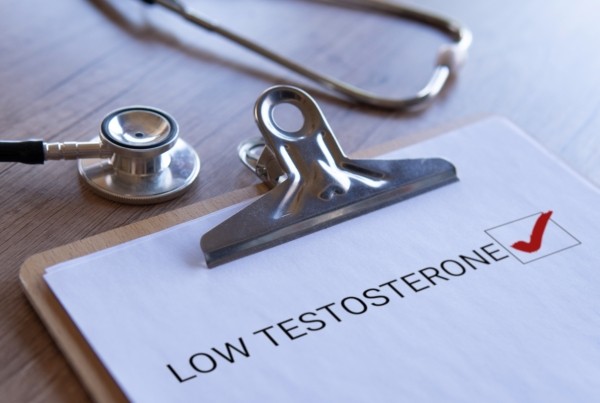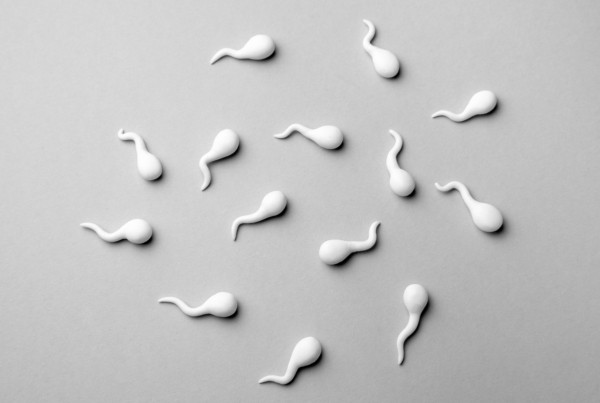To answer this question, we asked Dr. Kenan Omurtag. He responded…
People ask me all the time what it means to have low sperm motility. Well motility is just as important, if not more important, than sperm count. For example, if you have 20 Million Sperm but if only 2% of the sperm are moving, it’s not likely that a pregnancy will result.
Most people believe that all sperm move forward rapidly. This is not correct. Some sperm move forward very quickly, some move in circles, some are completely immotile (do not move at all) even though they are ‘alive’ and, of course some are not alive.
In fact, millions of sperm are deposited into the vagina during sex. But only thousands will make it through the cervix. This decreases to hundreds arriving at the fallopian tubes where fertilization of the egg by one sperm occurs inside the fallopian tube. Not all sperm move and if a large percent of sperm cells ejaculated are not moving, then there will be less sperm at the starting gate and much less able to make the journey inside the female genital tract.
A semen analysis that follows the current guidelines and criteria of the World Health Organization (WHO 5th edition, 2010) recommends measuring two types of types of motility: Total and Progressive motility.
- Total motility is the percentage of the total number of sperm that are moving in any way.
- Progressive motility is the percentage of the total number of sperm that are moving forward.
Total motility is an important clinical parameter because it is used in combination with the sperm count and volume of the ejaculate to come up with the Total Motile Sperm count (TMSC). TMSC is a useful clinical parameter for fertility specialists to use to determine what type of treatment would be most successful for couples seeking fertility treatment: Artificial insemination vs In vitro fertilization with or without ICSI.
Ultimately, the quality of the sperm is equally, if not more important, than the number of sperm (sperm count). If you’re curious about your motility, I recommend the YO Home Sperm Test that measures BOTH COUNT and MOTILITY as one composite parameter (Motile Sperm Concentration). Even if you think your sperm count is good, it’s advisable to also determine if your sperm is moving.







